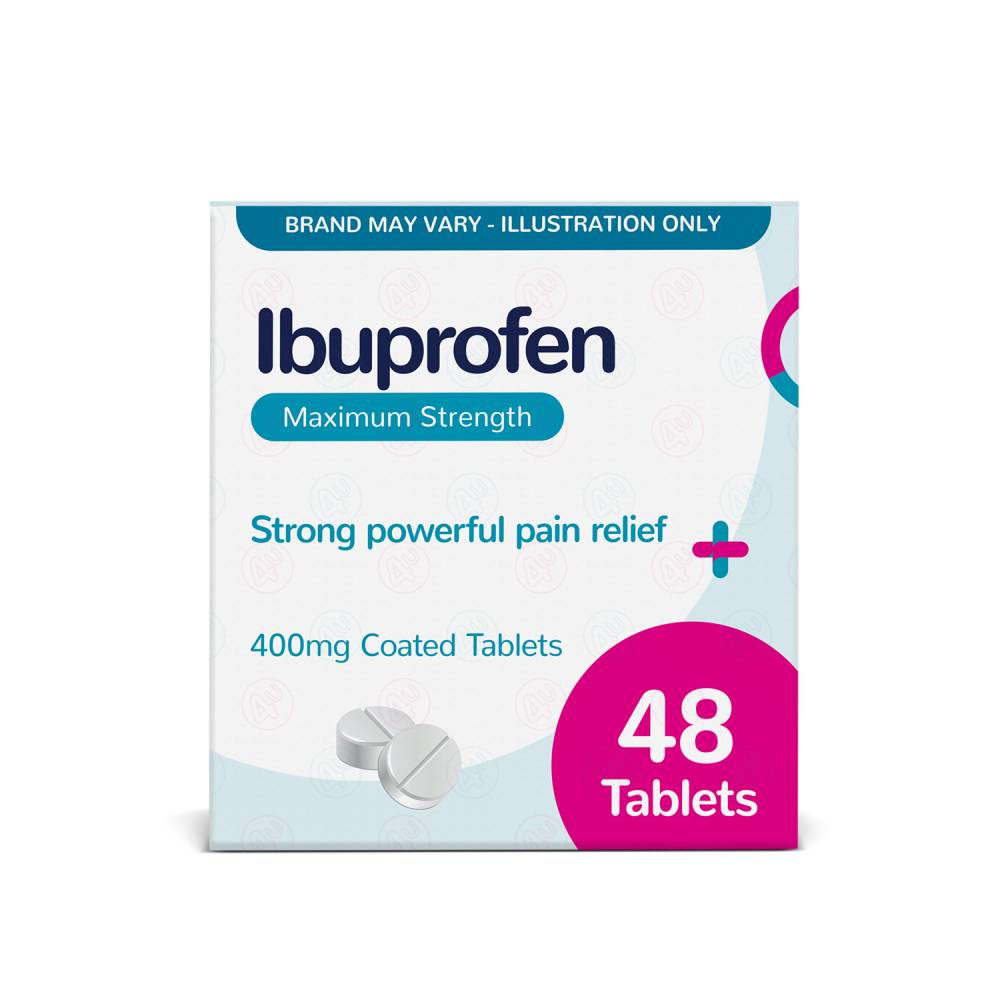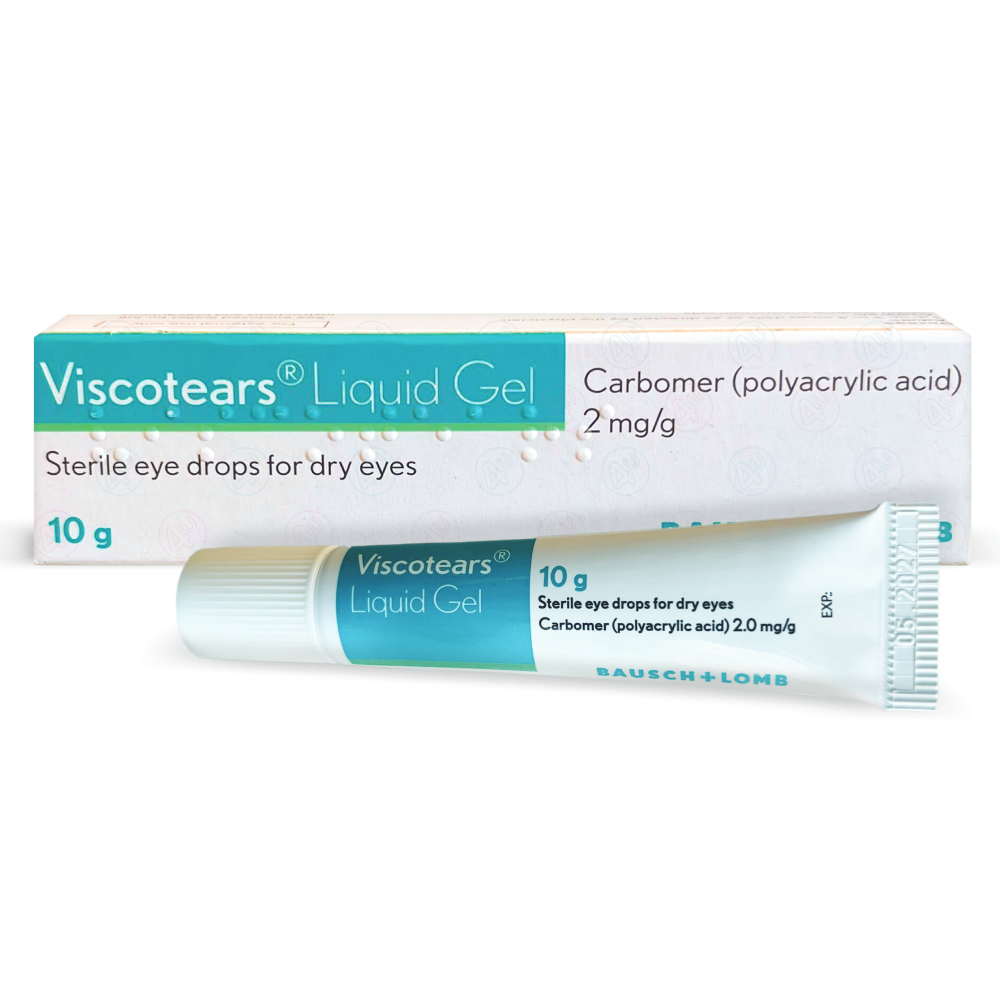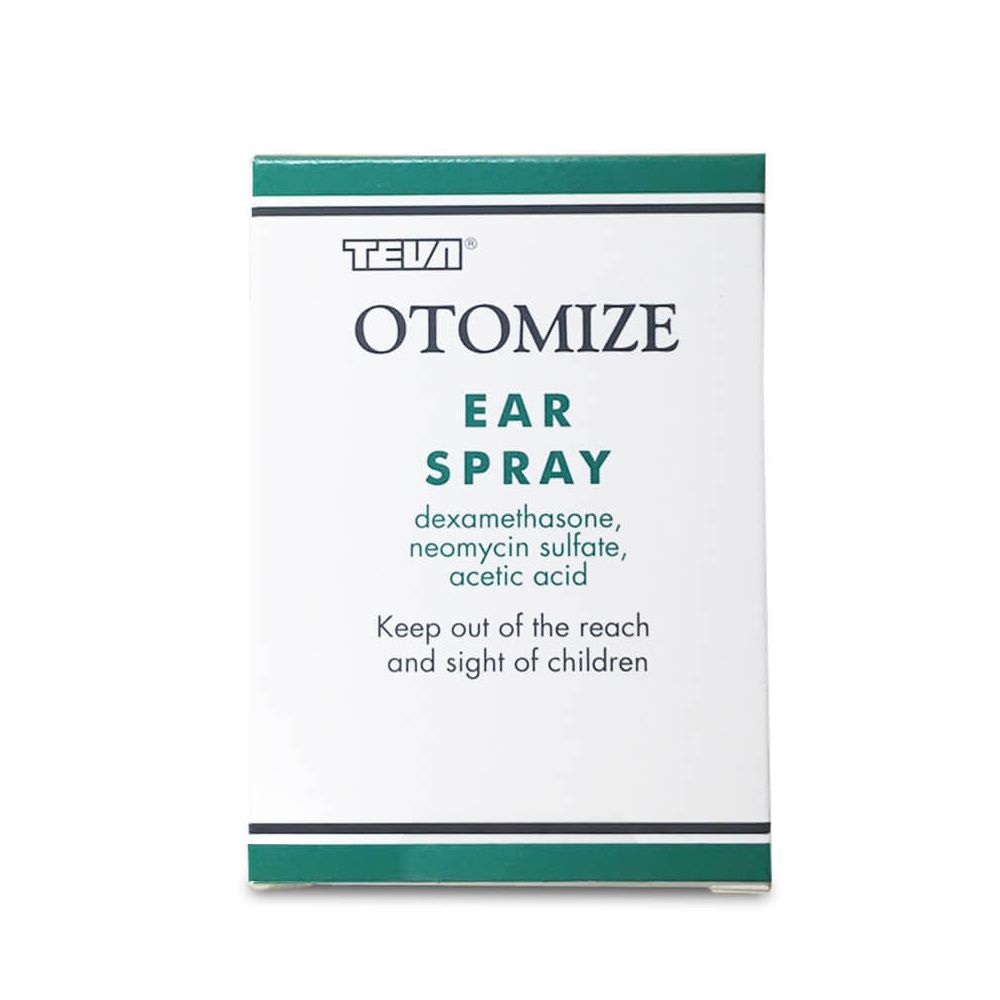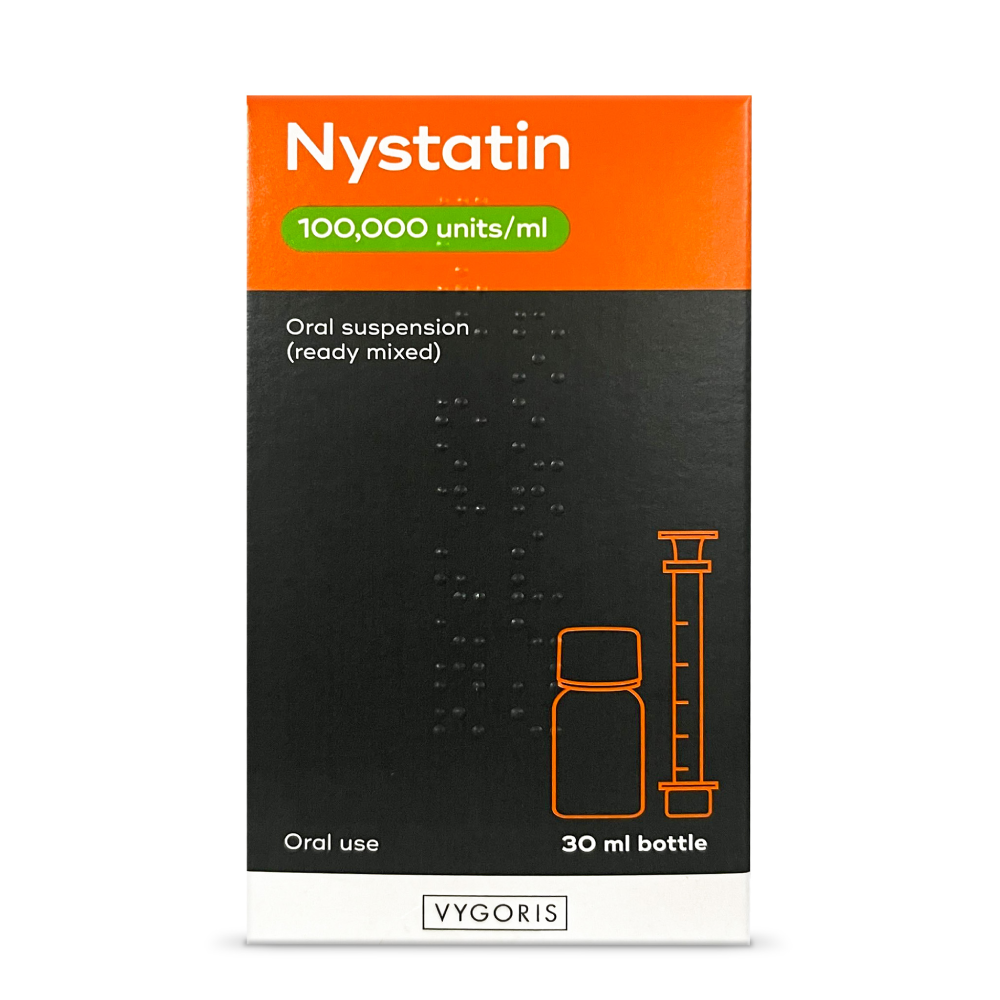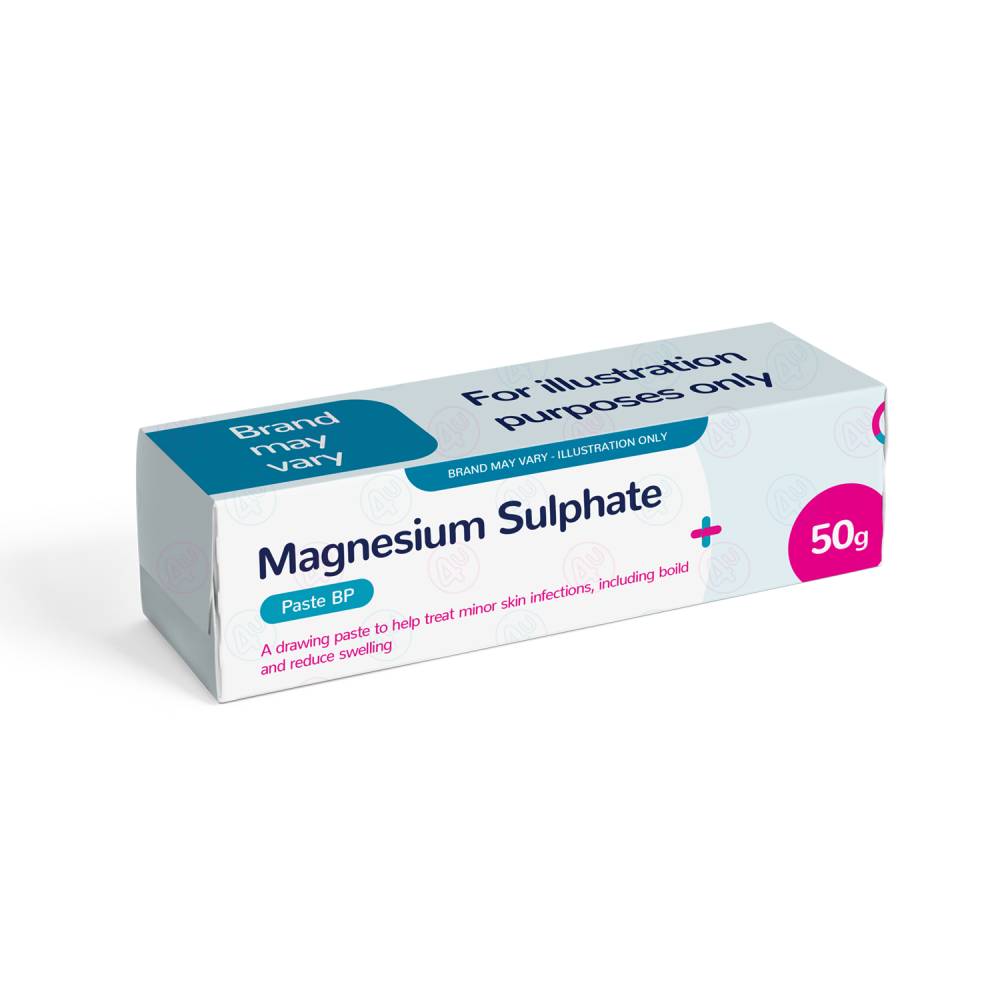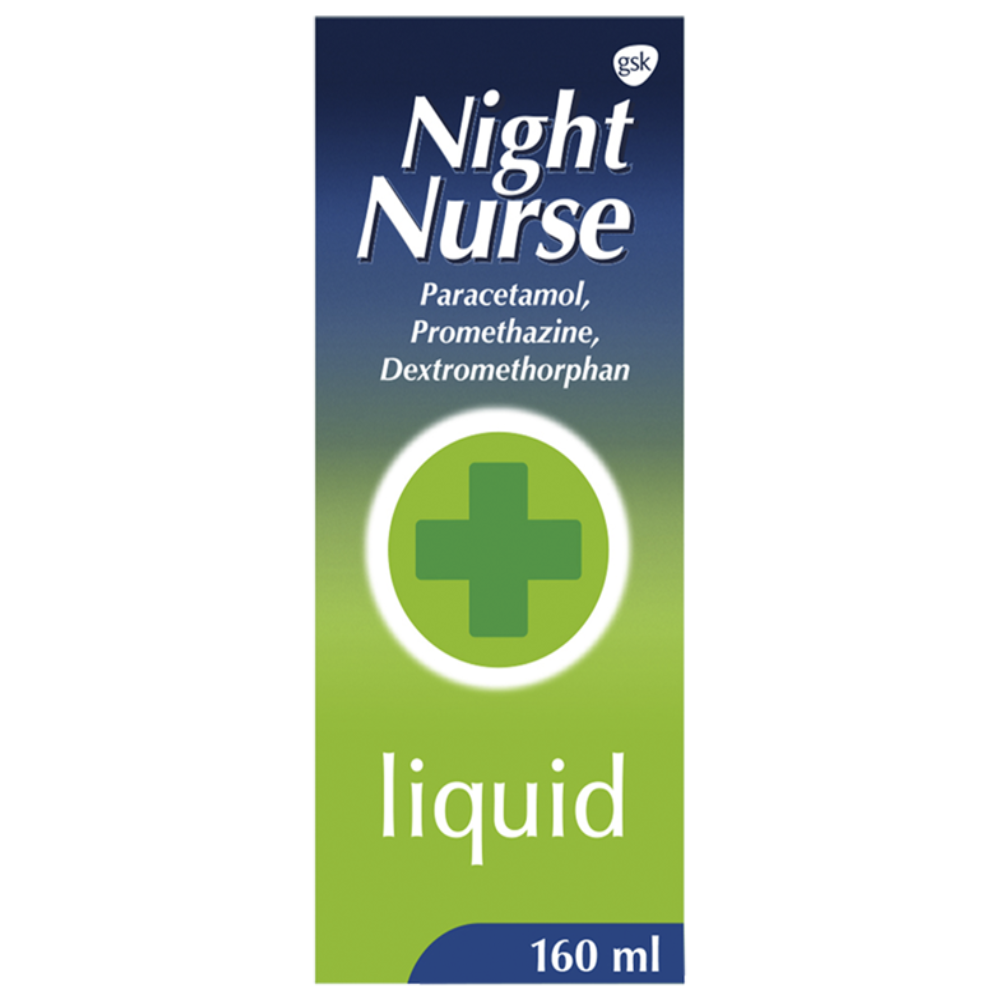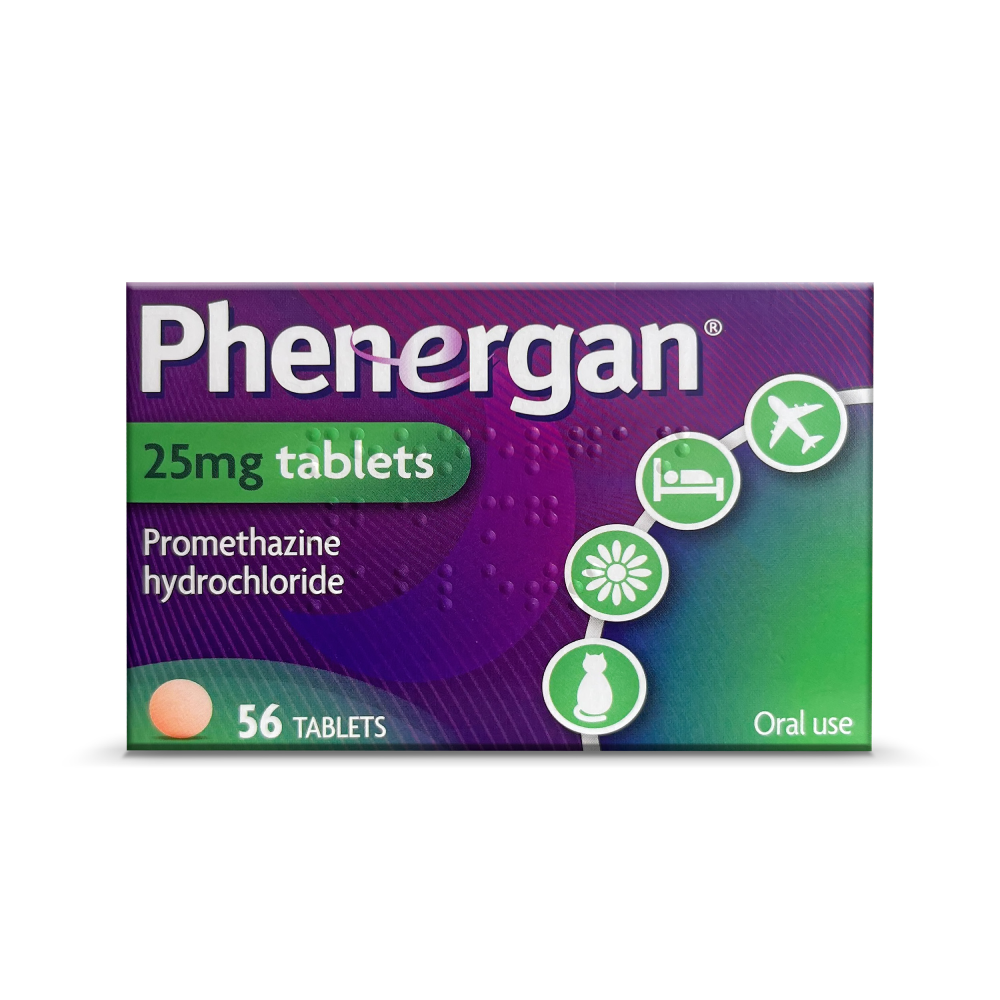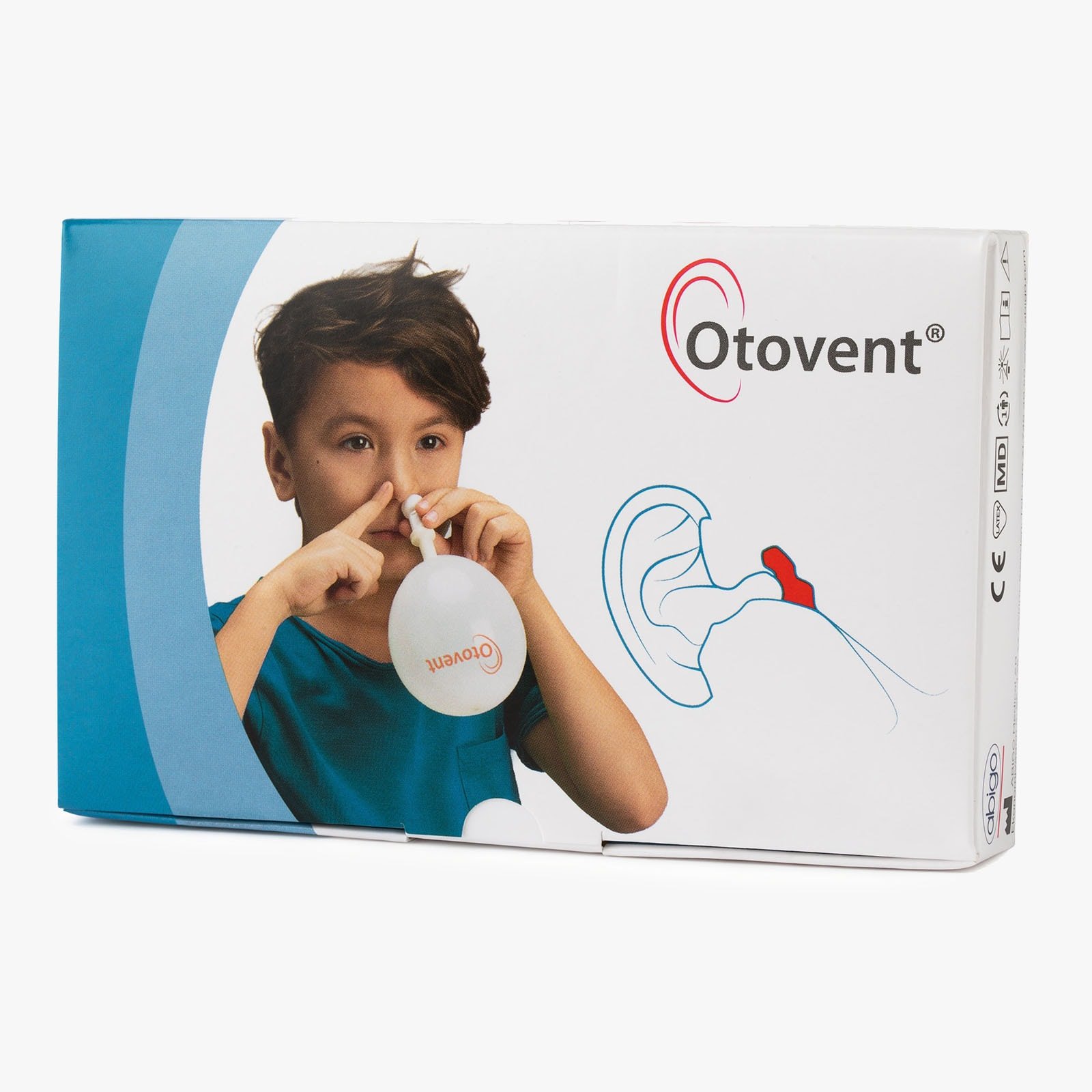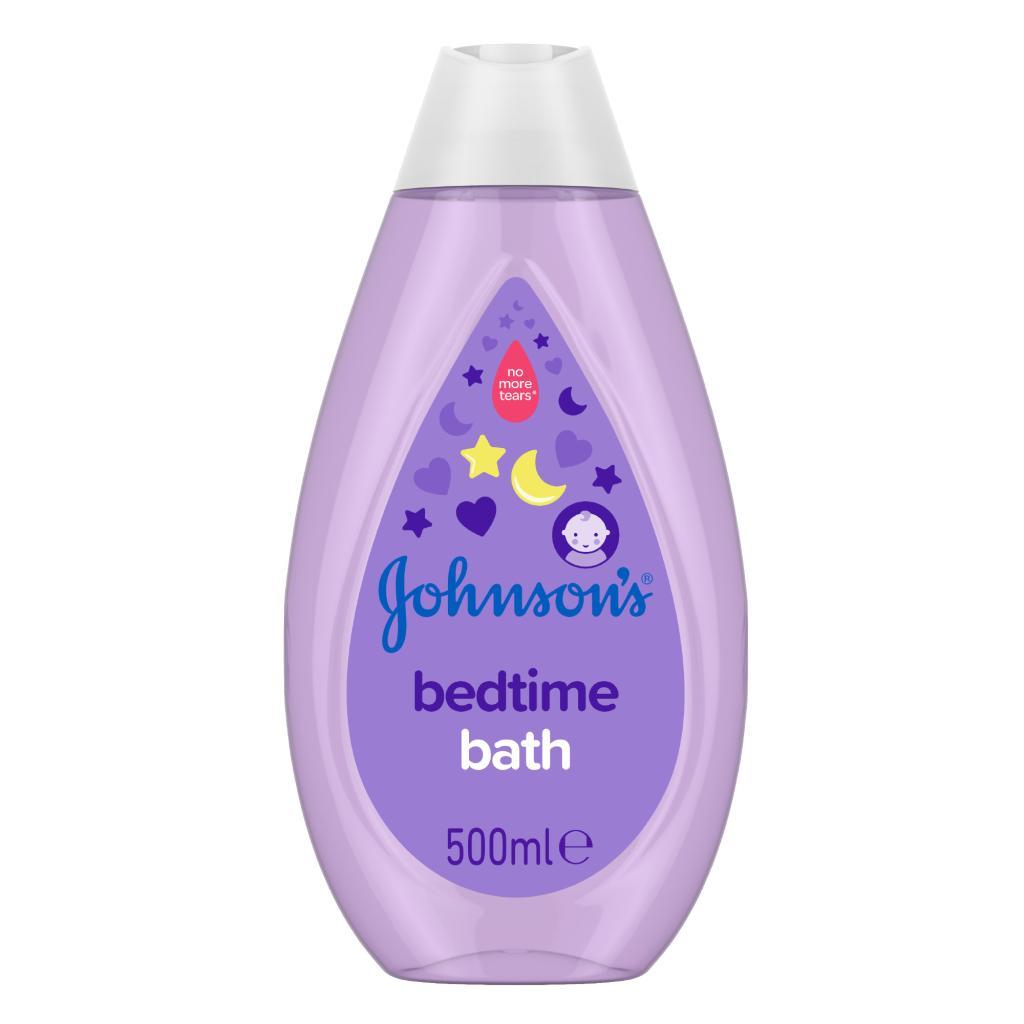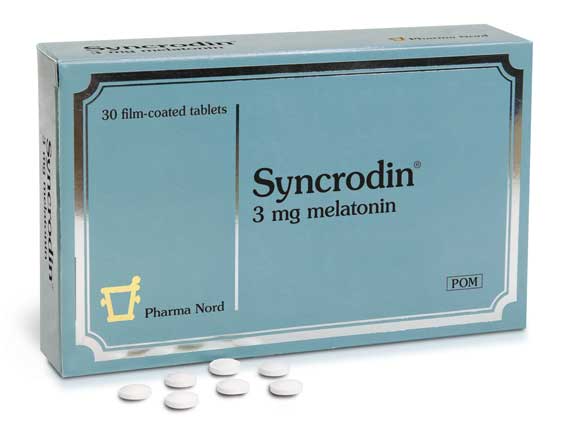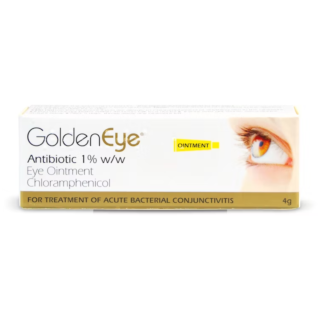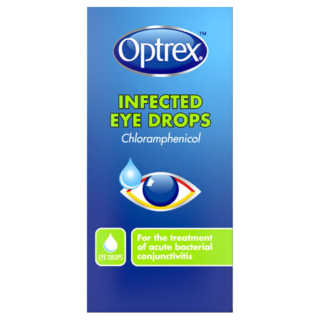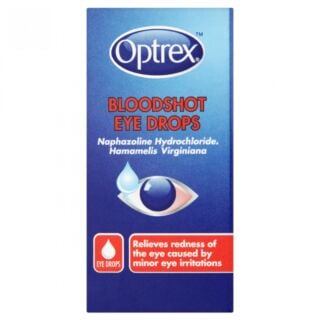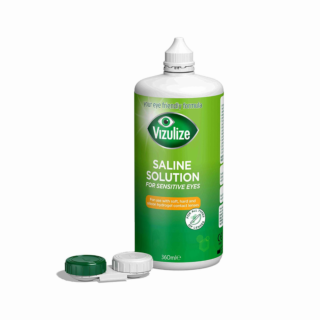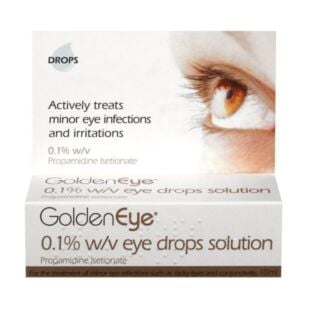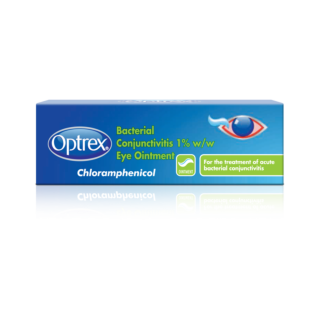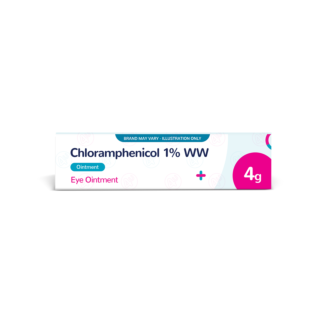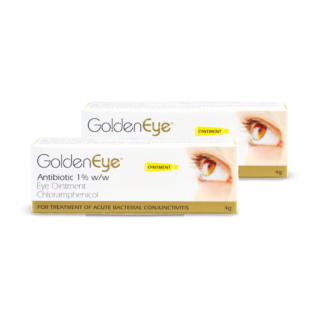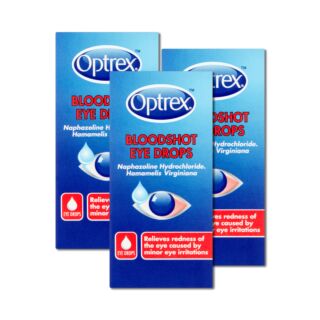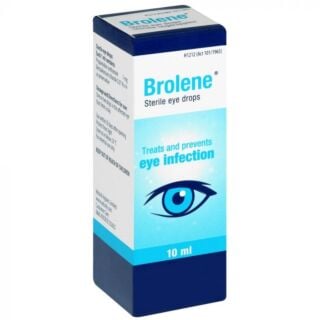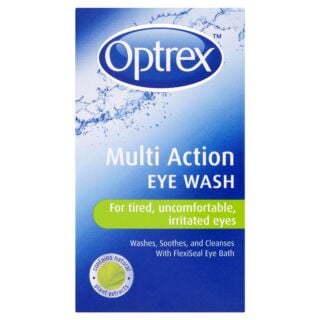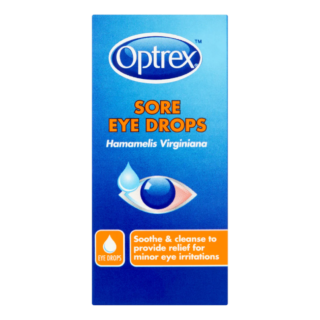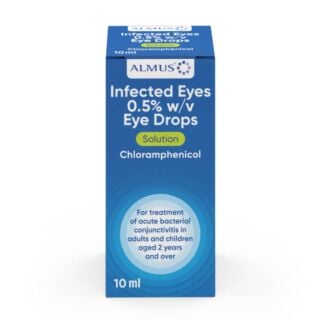Eye Infections

Free delivery when you spend over £30

100% discreet delivery for every item ordered

Fully regulated UK pharmacy
Can eye drops treat red eyes?
Your eyes might become bloodshot or red due to lack of sleep, excessive screen time or swimming in a chlorinated pool, amongst other reasons.
Bloodshot eyes are usually harmless and are caused when the blood vessels on the surface of the eye burst, causing the whites of your eyes to take on a pink or red tinge.
There are treatments to reduce or alleviate the appearance of bloodshot eyes, like Optrex Bloodshot eye drops, which work to remove redness and restore the normal blood flow in the eye.
Can I use eye drops with contact lenses?
If you have an eye problem, it’s best to avoid using contact lenses until your condition has improved.
Most eye drops aren’t intended to be used alongside contact lenses, and the application of the lenses may make your condition worse.
If you have an eye infection such as pink eye, allergies or an eye injury, apply the drops to your natural eye and don’t use your lenses afterwards.
If you regularly suffer from dry eyes, you could try Murine Contacts Refresh and Clean which has been formulated to use with contact lenses, helping to moisturise your eyes and clear away any dirt to restore clarity to your vision.
What are the best eye drops for itchy eyes?
If your eyes are itchy, inflamed and red - you could be suffering from an allergy such as hay fever.
But there’s good news - these symptoms can be easily treated.
Why not try Oprex’s allergy range? They have eye drops for itchy eyes, ones to soothe irritation, and eye drops to reduce your symptoms altogether.
If you’d prefer another applicant type, there are sprays, too, which provide natural relief against hay fever so you can enjoy the outdoors allergen-free.

